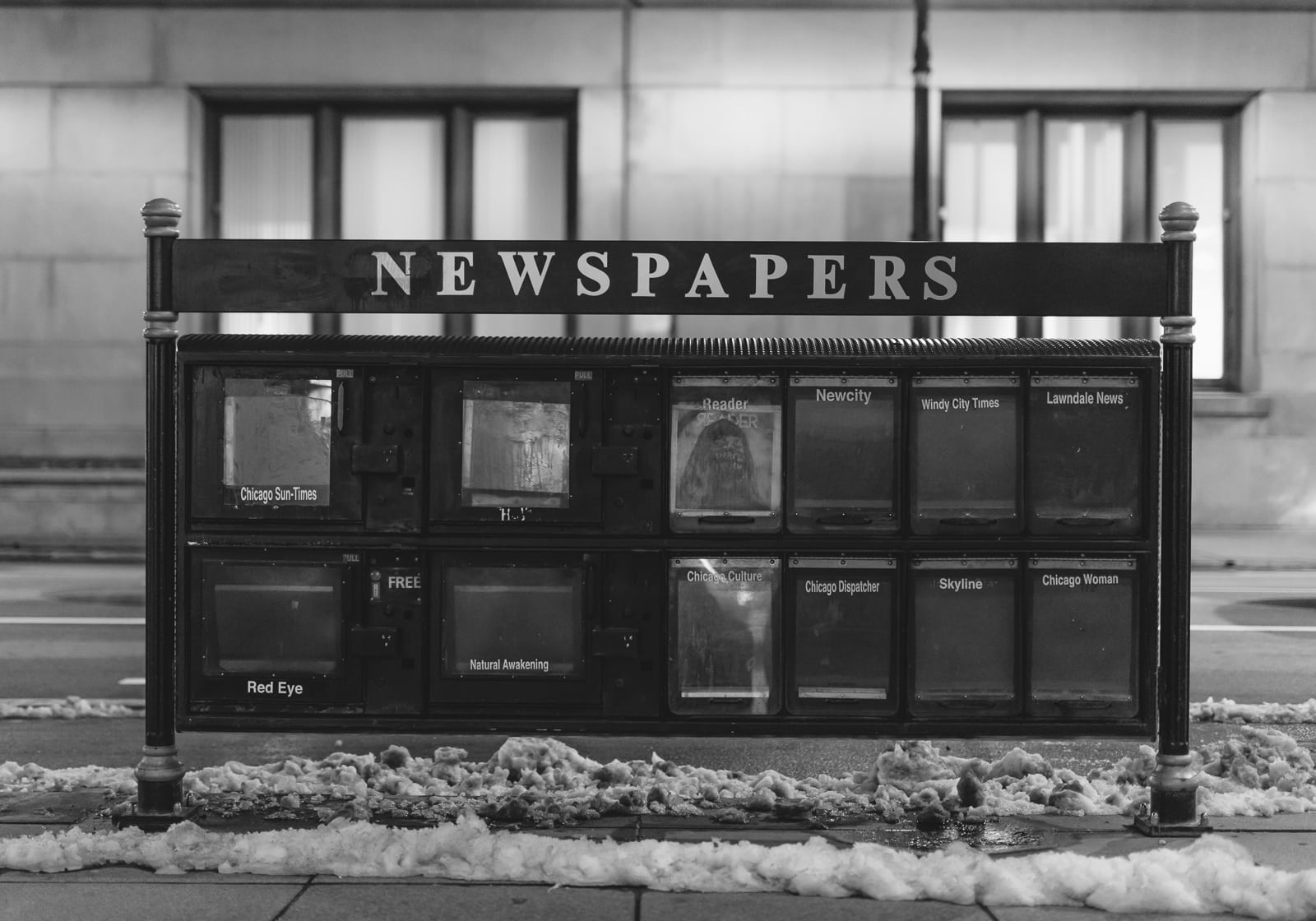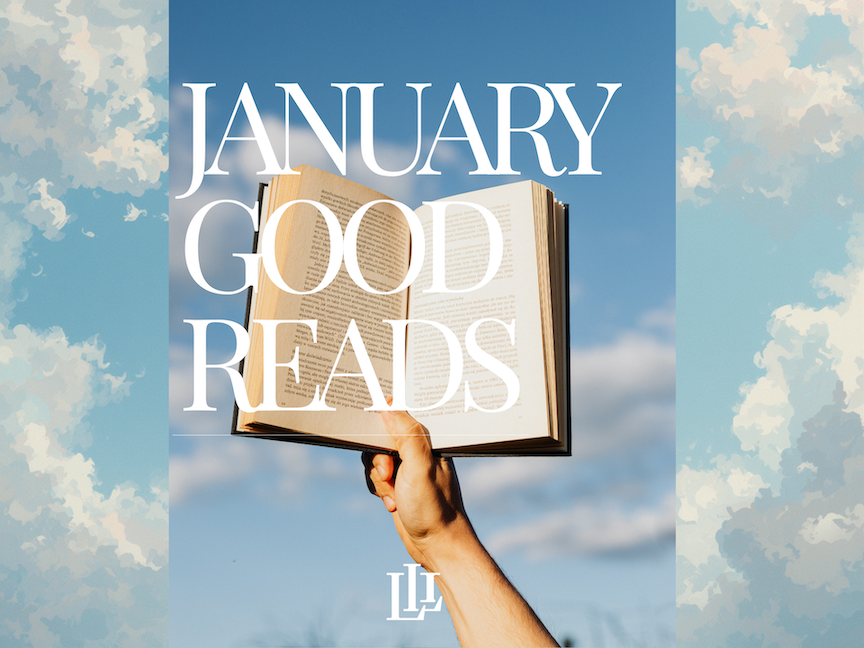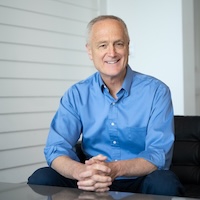On The Vibe Shift Pt. 2
This past February, I wrote about the changing tune being played at the heights of American culture.
I argued that social progressivism was ascendant during the Obama years and into the late 2010s, as attitudes shifted on abortion access, same-sex marriage, and marijuana legalization. By the end of the decade, a generation had arisen focused on issues of gender, ethnicity and race — and often willing to cancel those with dissenting views.
Those changes created what Aaron Renn described as a "hostile" environment toward Christianity: a negative world.
Now fast forward to today.
Corporate America is discarding DEI programs, realigning itself away from Pride festivals and closer to the Republican president. Liberal commentators, following the 2024 election, have conceded defeat in the culture war.
Meanwhile, Christianity's PR appears better than ever. Jordan Peterson reaches millions with lectures on Scripture. Bible sales are up 22%, fueled by first-time buyers. Christian films are breaking box office records, putting Hollywood on notice. Silicon Valley is swapping Pride-themed trivia nights for Young Life-style evangelistic nights.
That was Part 1.
And yet, before we turn to the Church's action plan, we need a clearer picture of America's current cultural landscape.
A GPS on Wokeness
Contrary to popular belief, the rise of social progressivism — hereafter "wokeness" — was an elite-led, elite-located phenomenon. Its tentacles never stretched as wide as it seemed.
Stony Brook professor Musa al-Gharbi's book We Have Never Been Woke identifies wokeness as a force dominant among "symbolic capitalists": professionals in tech, marketing, journalism, academia, nonprofits, entertainment, and HR departments. These workers make up only 25% of the American workforce, yet they wield outsized cultural influence.
Their views flow into our cultural bloodstream through the social media content we absorb, the movies we watch, and the news we consume.
Symbolic capitalists don't represent most Americans. They're disproportionately college-educated, urban, affluent, and white. Their social views, al-Gharbi notes, are "not reflected among poor or working-class people or nonwhites of any political persuasion to anywhere the same degree."
Writing about the rise of social justice rhetoric among the professional class, al-Gharbi points out:
"There were no comparable social justice-oriented shifts in how waitresses serve food, how truck drivers deliver freight, how beauticians cut nails, how construction workers build houses, how grocery-store clerks ring up food, how plumbers unclog toilets, and so on."
Donald Trump's improved showing with working-class voters across every ethnic group in the 2024 election underlines the point: wokeness was an elite phenomenon.
And America's elites are increasingly disconnected from average Americans. Elites live in the same cities, send their kids to the same schools, and congregate in the same workplaces. They are a group living in their own ghetto, an "American aristocracy."
Jesus =/= Joe Rogan
But here's where misunderstandings could arise.
The truck drivers, beauticians, and grocery-store clerks — the revolutionaries propelling this vibe shift — belong to the cohort most likely to stay home from Church on Sundays: those without a college diploma. (For what it’s worth, people with graduate degrees are the educational group most likely to attend church.)
The vibe shift did not emanate from flag-waving, church-going traditionalists, but from Barstool-listening, weed-smoking, Joe Rogan listeners. Like their president, this group is ambivalent about most social issues, yet allergic to condescension. They dislike being told what to do — whether by a pastor or an HR director.
So we shouldn't mistake the death of social progressivism for a resurrection of social conservatism. Many are making this mistake (more on that later).
America's vibe shift is a rebellion led by average Americans against overreaching elites. And the average American, according to poll after poll, is anti-woke, pro-pot, pro-abortion, pro-gay marriage, and increasingly post-Christian.
Two Flawed Responses
Christian commentary on the vibe shift falls into two camps, both missing the mark.
The first camp, embodied by James Wood, celebrates that "God's providence is at work," evidenced by leftism's retreat. And while I'll buy that high-profile conversions and renewed acceptance of the gender binary may reflect God's hand, the fundamentals of American culture remain troubling: each generation is less Christian than the previous one by basically every measure.
Secondly, efforts to remedy unjust inequality — the animating principle of progressivism — are not demonic forces. They're imperfect echoes of a Messiah who came to "preach good news to the poor...liberty to the captives...to set the oppressed free and proclaim the year of the Lord's favor" (Luke 4:18-19).
Wood also suggests focusing evangelistic efforts on "centrists and those on the right" since the left seeks to "destroy civilization." Oof.
Christians don't do evangelism like politicians courting winnable constituencies. That would do a disservice to the One who brought left-leaning tax collectors, old-guard Pharisees, MAGA zealots, and everyday fishermen onto one team. When we're tempted to label one group further from grace than another, we should remember that "tax collectors and prostitutes" were closer to His kingdom than anyone expected.
The second camp argues that this cultural moment "is just a new negative world," with new gospel resistances, like every other era. Maybe — but is there anything about this moment that is different than, say, 2020?
I think so.
Water in the Wasteland
The retreat from wokeness looks like a return to America's 250-year-old pastime: individualism. Christian Smith's sums up its message well:
"Figure out who you are and don't let anybody tell you different. The world is an infinite shopping trip, dance party, job promotion, hookup—whatever you want. Try to make a difference if you want, but don't be naive. Nobody's got the answers. Believe your gut. Play life on your terms. Take care of yourself."
Imagine telling a child they must "figure out who they are" in a world that is "whatever they make of it," guided only by "their gut," doing life strictly "on their terms" because "nobody's got the answers." Consider the confusion about identity, the pressure for self-creation and the loneliness that would ensue if they followed that mantra with complete devotion.
Now look at our young people.
The majority of them (58%) say their life "lacks meaning and purpose;" 40% of them report experiencing "persistent feelings of sadness and hopelessness," and 24% of them feel lonely "all or most of the time".
Life doesn't work in individualism's wasteland. That inner discontent is the opening for the gospel.
The Gospel Opportunity
The message could sound like this:
"Are you weary of life as a solo project of self-creation — trying every day to become something impressive? Does an identity based in achievement feel more exhausting than exhilarating? There is unconditional love out there. When you find it, you'll know the rest and contentment you've always been searching for."
Of course, many will not turn to God. Some will laugh at us, as they laughed at Hezekiah when he invited all Israel and Judah to celebrate the Passover during one of their darkest seasons. Remember though — "some people from Asher, Manasseh, and Zebulun humbled themselves and went to Jerusalem" (2 Chron. 30:10-11).
The vibe shift does not present the Church with a return to cultural dominance; it offers a fresh opportunity for providing "a defense for the hope that is within us," to a world running out of reasons for hope.
Lakelight Monthly
Curated resources, delivered on the last Saturday of the month.
By subscribing you agree to with our Privacy Policy and provide consent to receive updates from our company.














